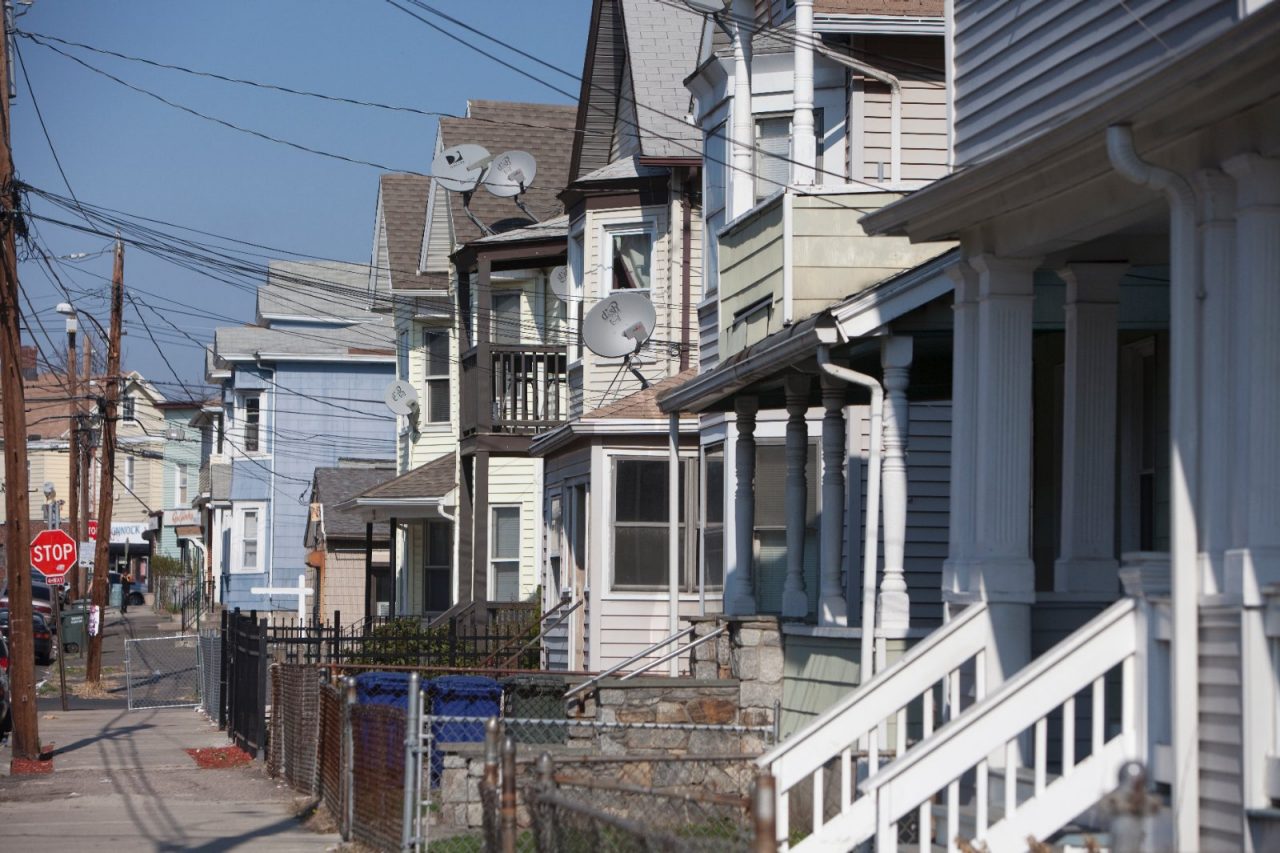Gentrification is occurring more frequently in cities in the United States, raising questions about its health impacts on original, or “legacy,” residents, including those who stay in place and those who move.
What's the Issue?
Gentrification is defined by the Centers for Disease Control and Prevention as the “transformation of neighborhoods from low value to high value.” Most researchers use a similar definition, but there is little consensus among researchers about how to identify and measure gentrification—with metrics including an increase in income, educational levels, racial change, rents and house prices, or some combination thereof.
Questions abound about the positive and negative health impacts of gentrification on legacy residents, including both those who choose to remain and those who move away. The evidence suggests that residential displacement may be no higher in gentrifying neighborhoods than elsewhere. For legacy residents who remain in place, they may see improved outcomes by benefitting from new investments, economic opportunities, and enhanced safety in the new neighborhood—despite the downside of cultural displacement, anxiety, and higher cost of living that they may experience at first.
The benefits and disadvantages vary for people at different stages in life—for instance, a family with children compared with older adults on fixed incomes. The brief reviews what we know about gentrification and its effects on the health of long-term residents, with a focus on renters. There is robust evidence that neighborhoods and residential mobility affect health. We review empirical evidence about gentrification’s effects on residential mobility, neighborhood environments, and the health and well-being of both neighborhood stayers and movers.
What’s Next?
Most of the research on gentrification has focused on the degree to which gentrification pushes people out of their homes, but it has returned little evidence that gentrification significantly elevates the move-out rates of low-income residents. Future qualitative research could illuminate the health-related experiences of residents in gentrifying neighborhoods, particularly families with children.
Given the significant racial health disparities that characterize the United States, understanding how gentrification’s impacts vary by race and on the health of children and adults is particularly important. However, it has been difficult to study the outcomes of specifically low-income residents living in gentrified neighborhoods versus the same group living in persistently low-income areas.
Future researchers should search for natural experiments, such as unexpected demolitions of subsidized housing; the experience of children; and studies particularly focused on health. We must learn more about the efficacy of different policies to address gentrification and promote the health of legacy residents. For those who have to move, what efforts help them to find safe, affordable homes elsewhere? Which policies enhance the benefits and minimize the costs of gentrification for the families who remain in place? Finally, policymakers should support or partner with community organizations that can help ensure that all residents in gentrifying neighborhoods feel part of the community—perhaps by preserving existing culture or connecting them to new opportunities that enhance well-being.


